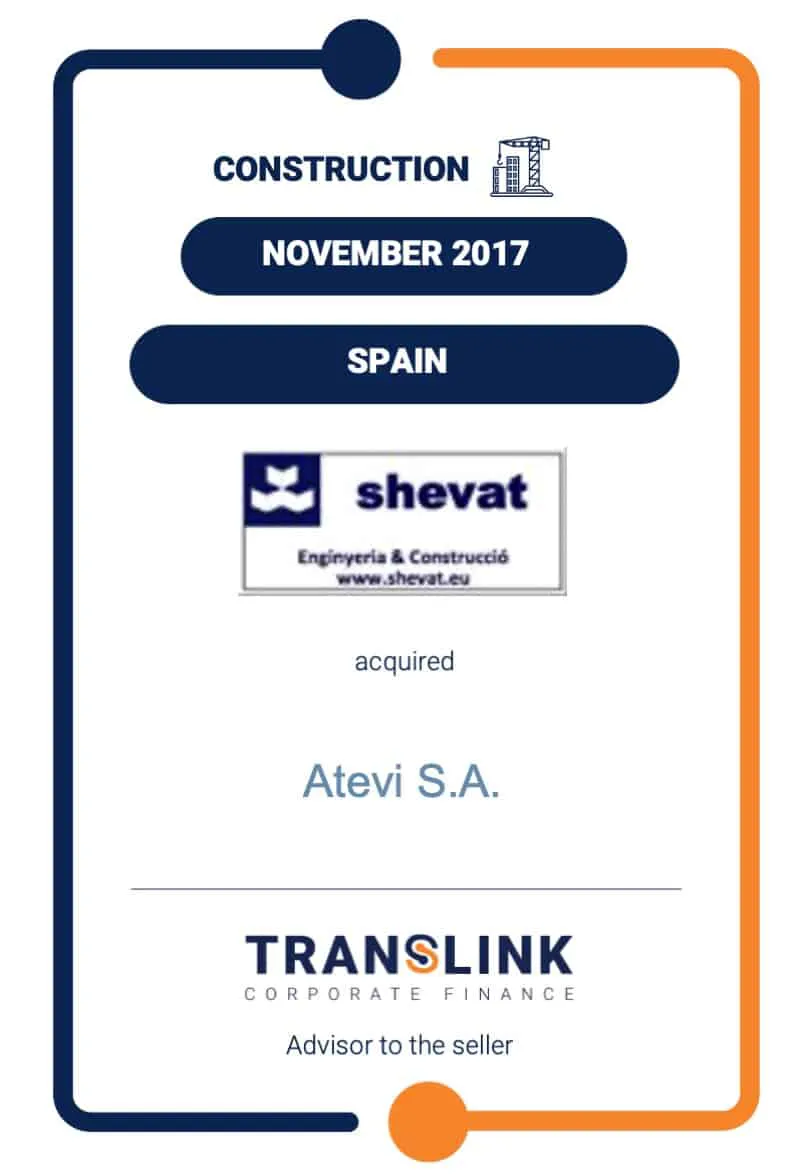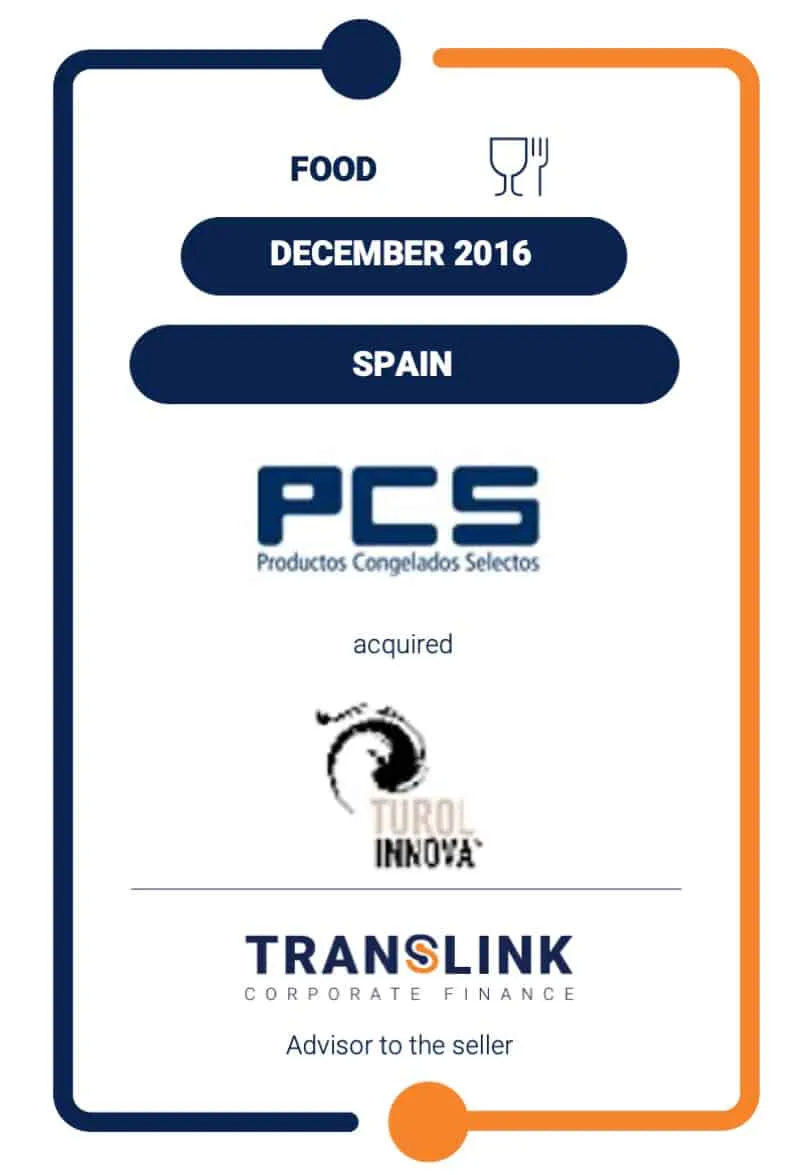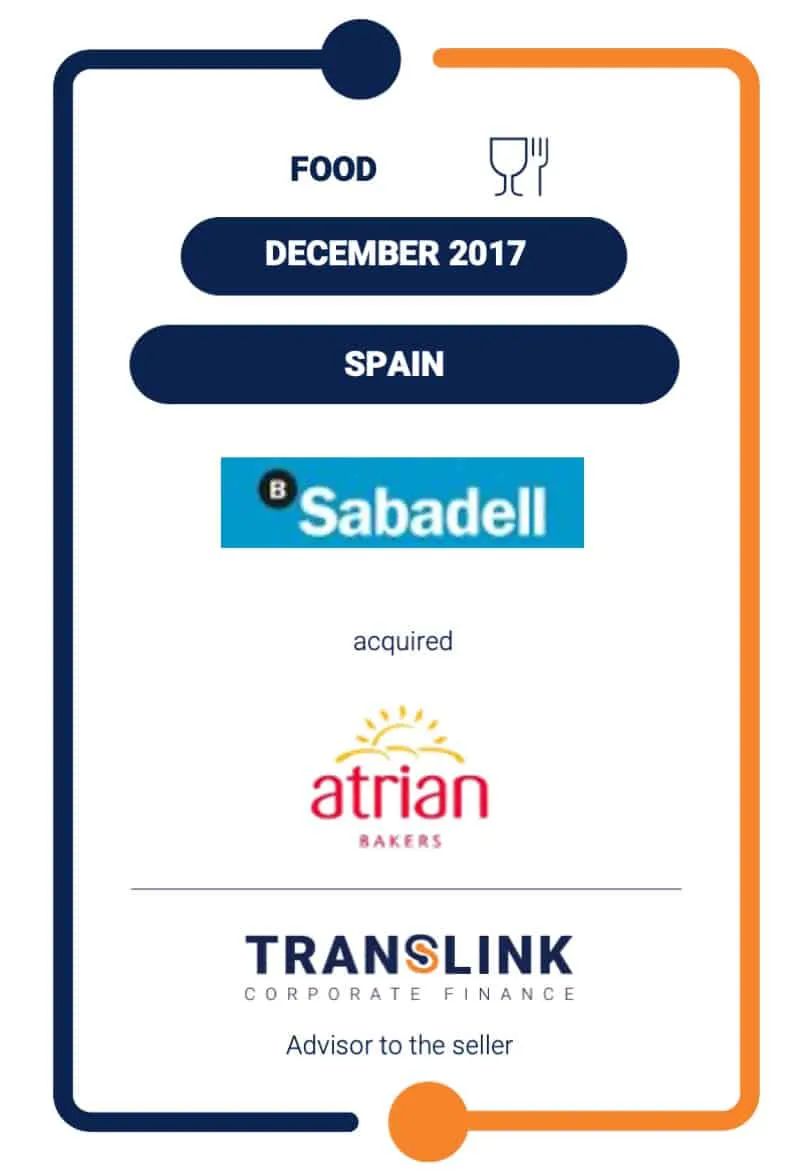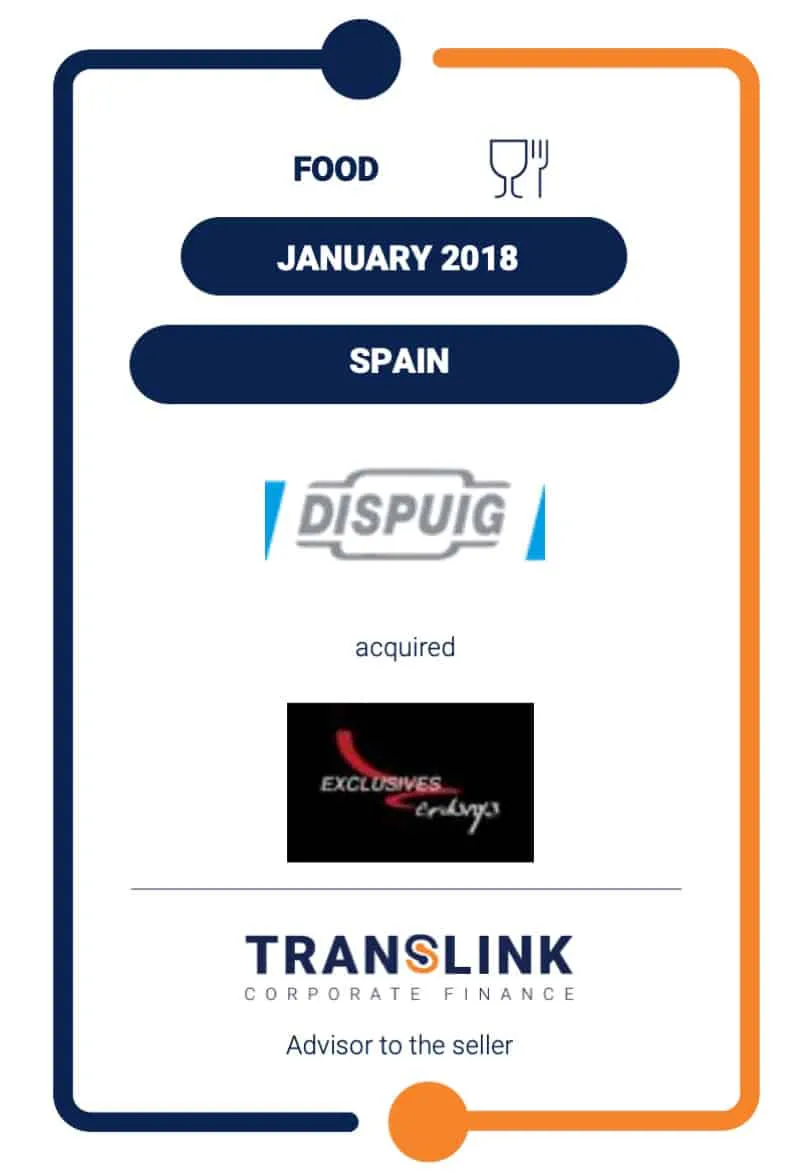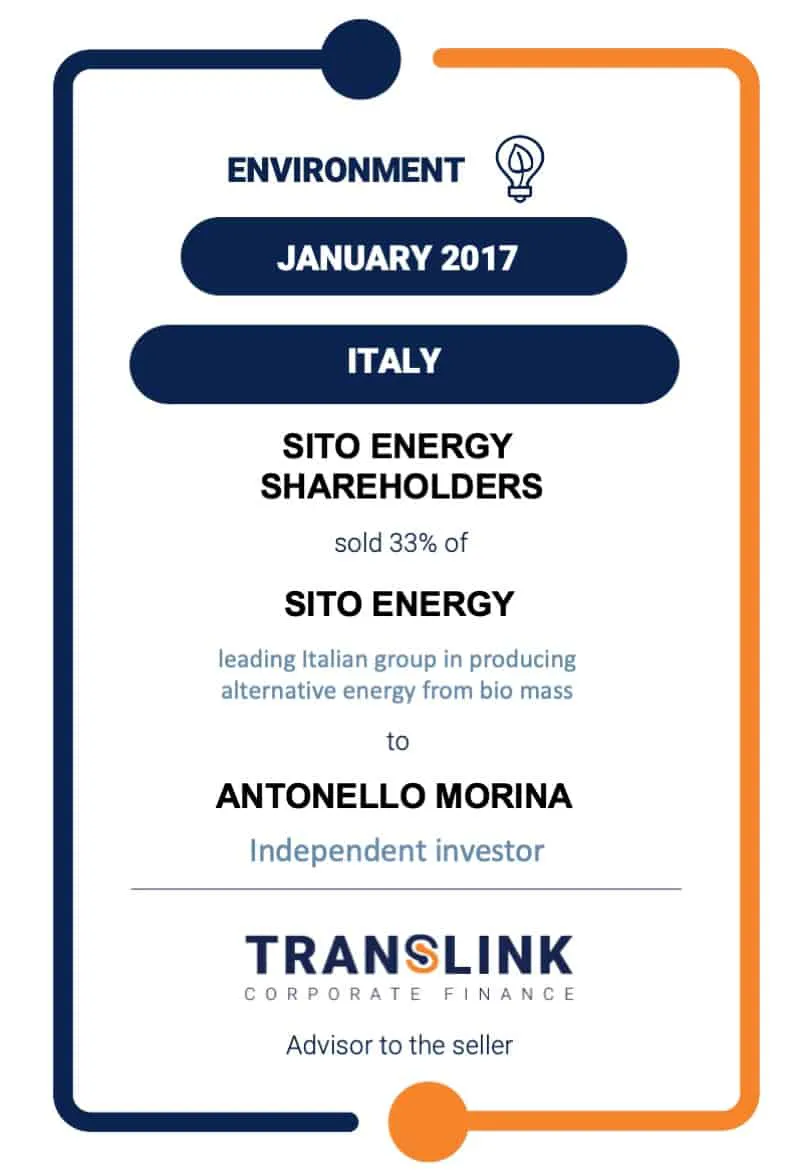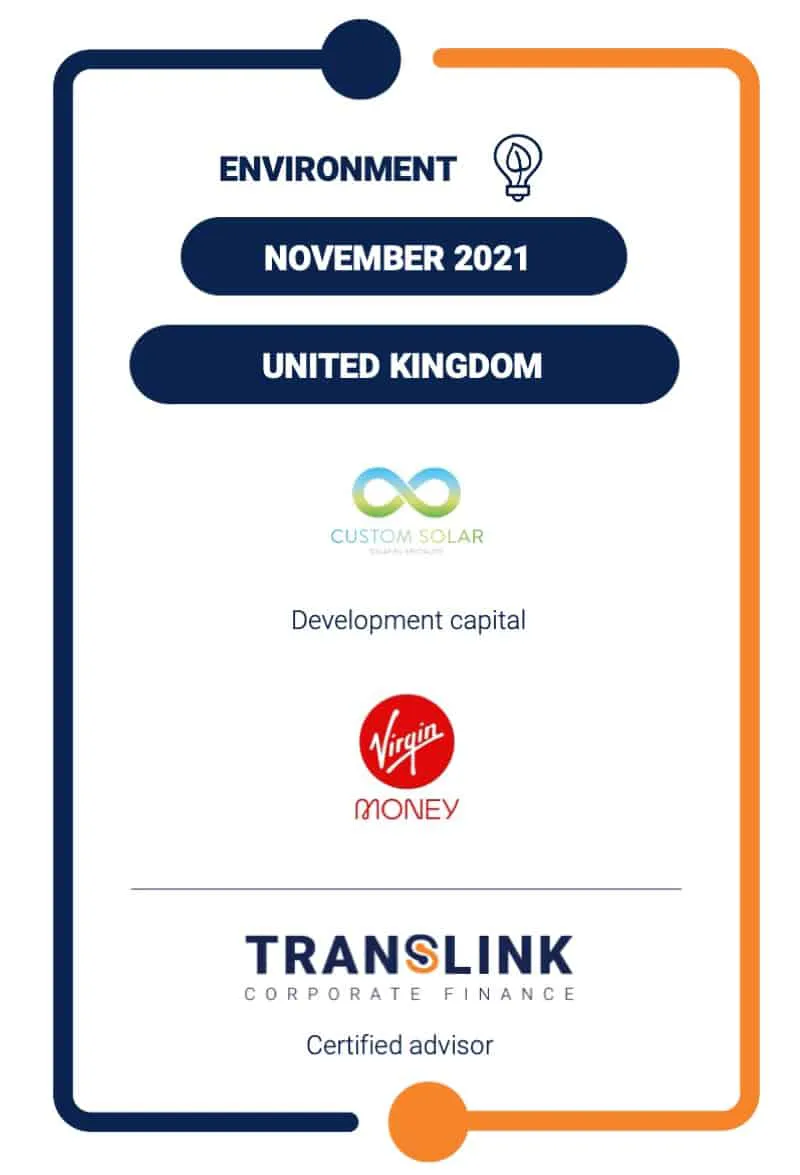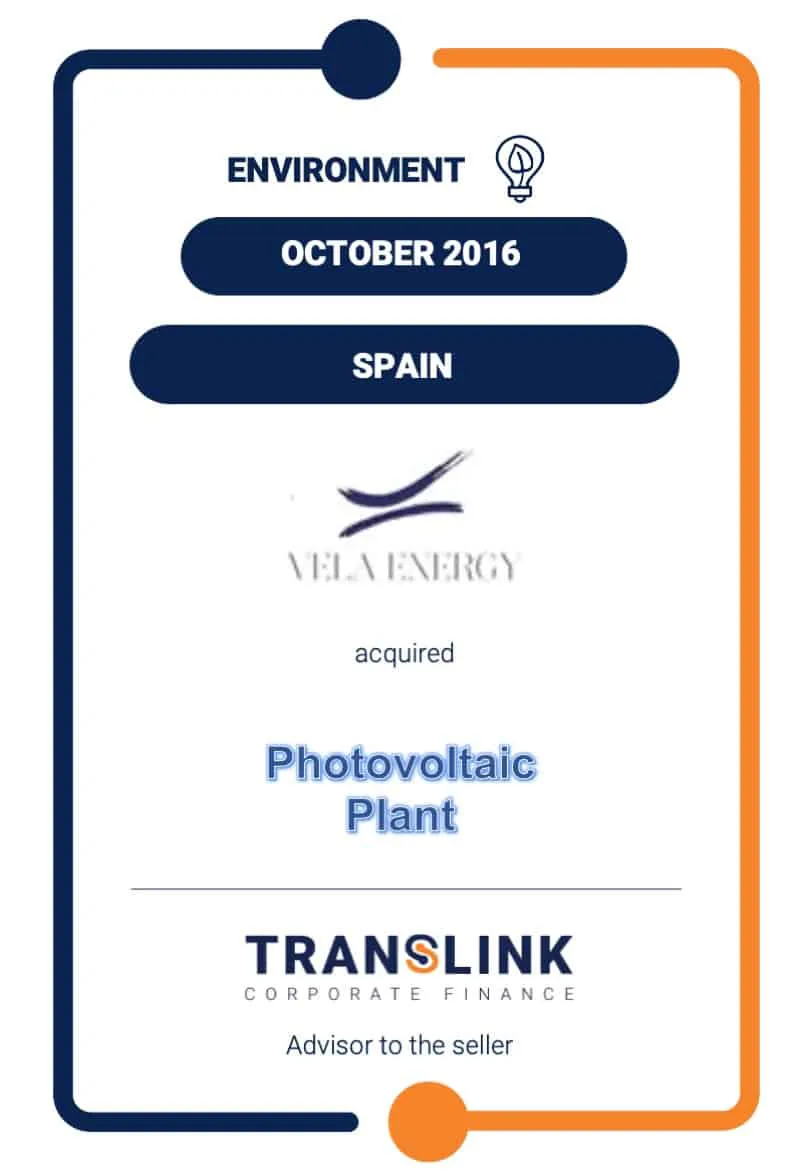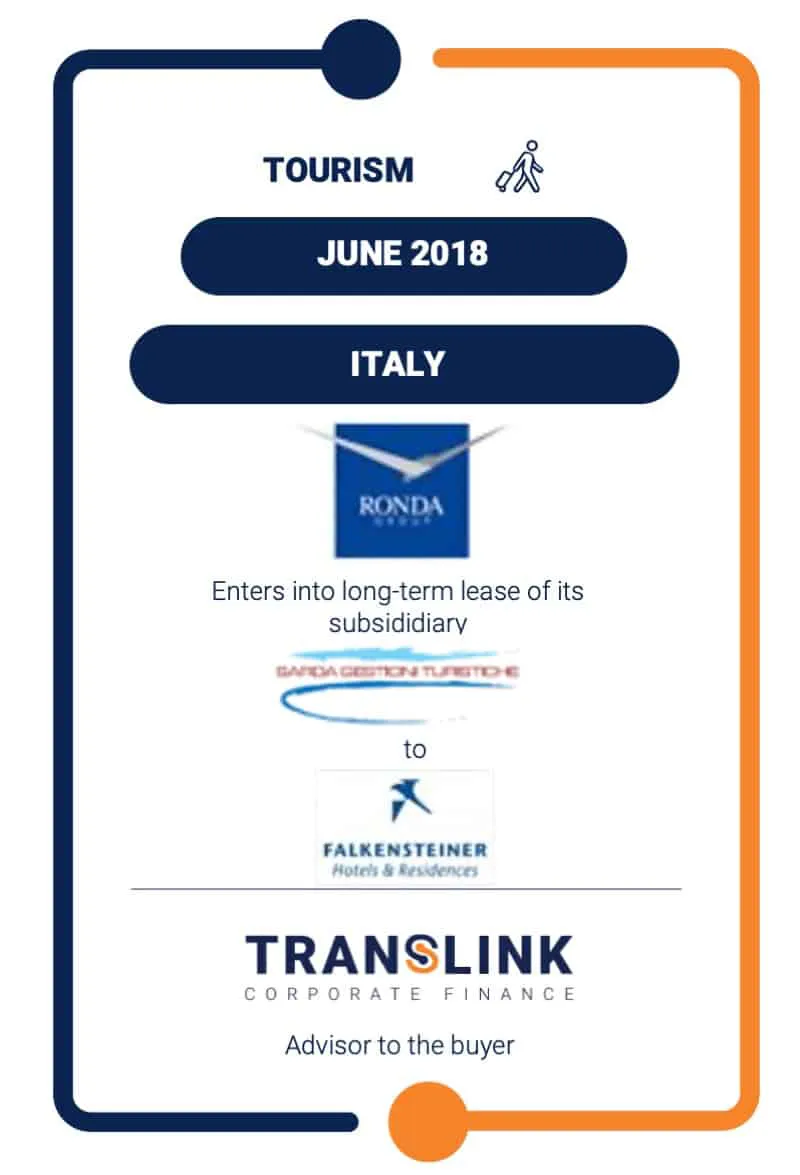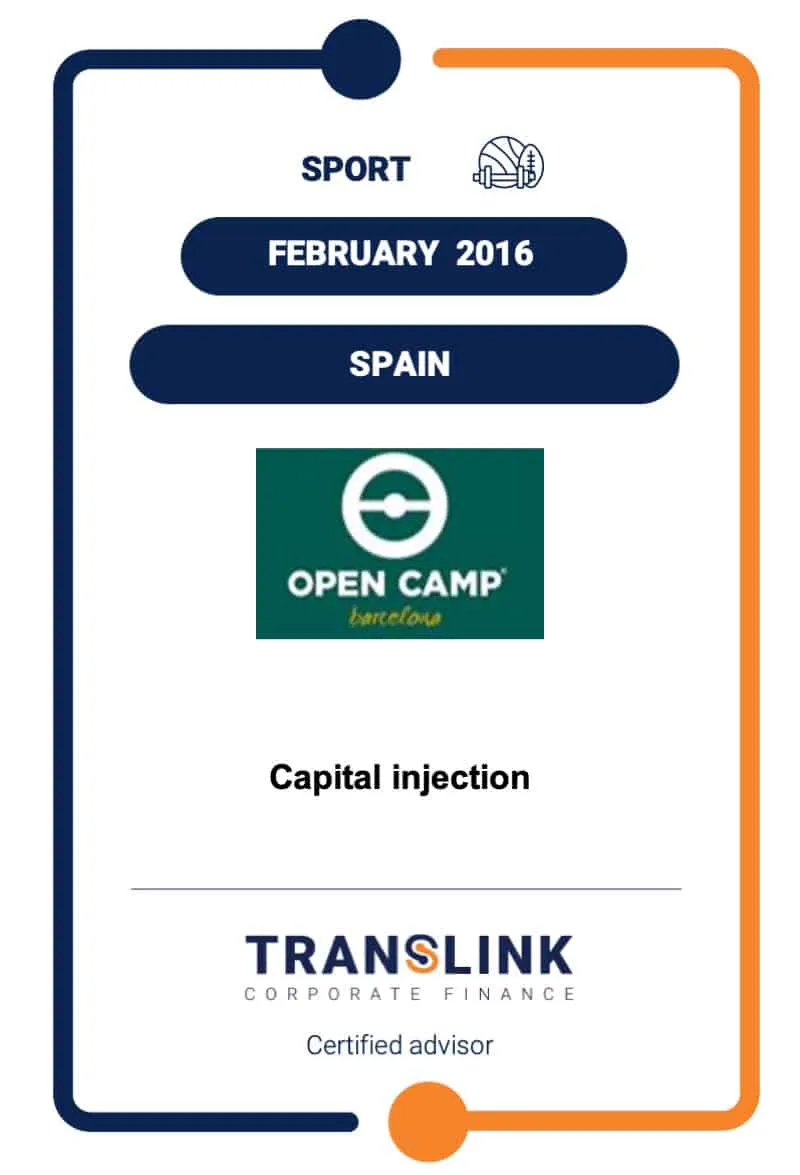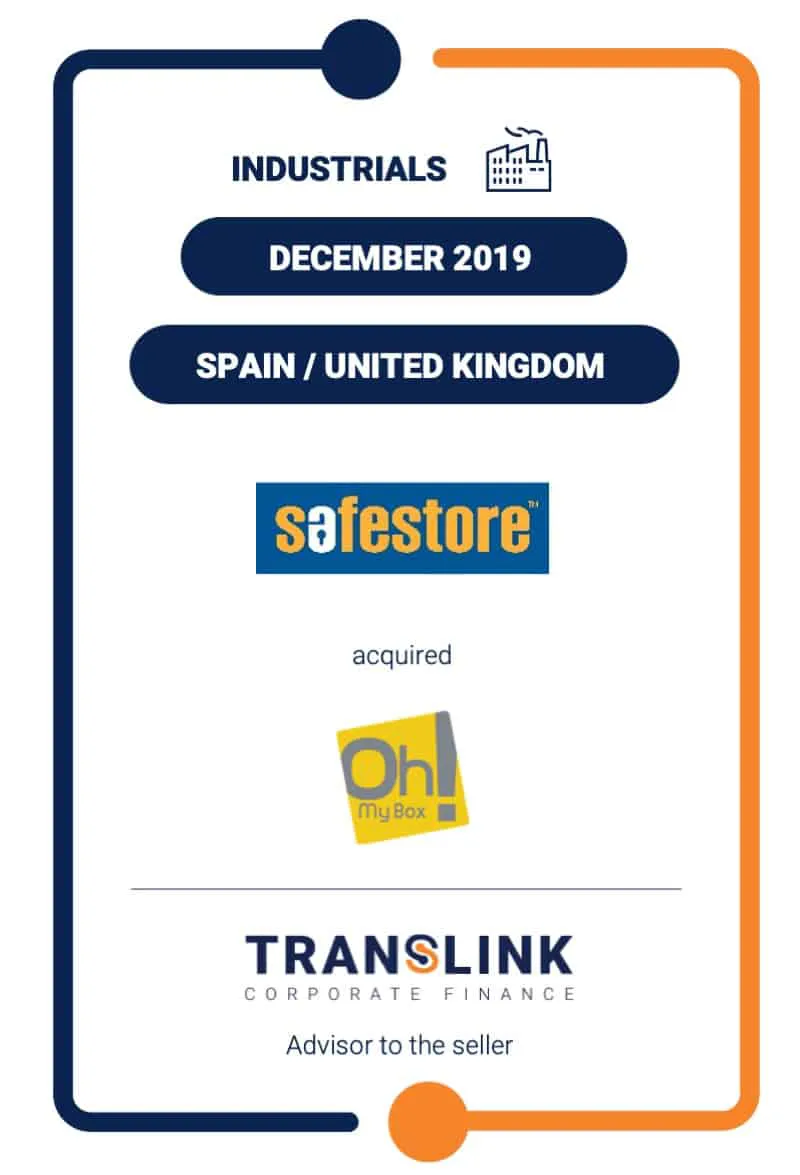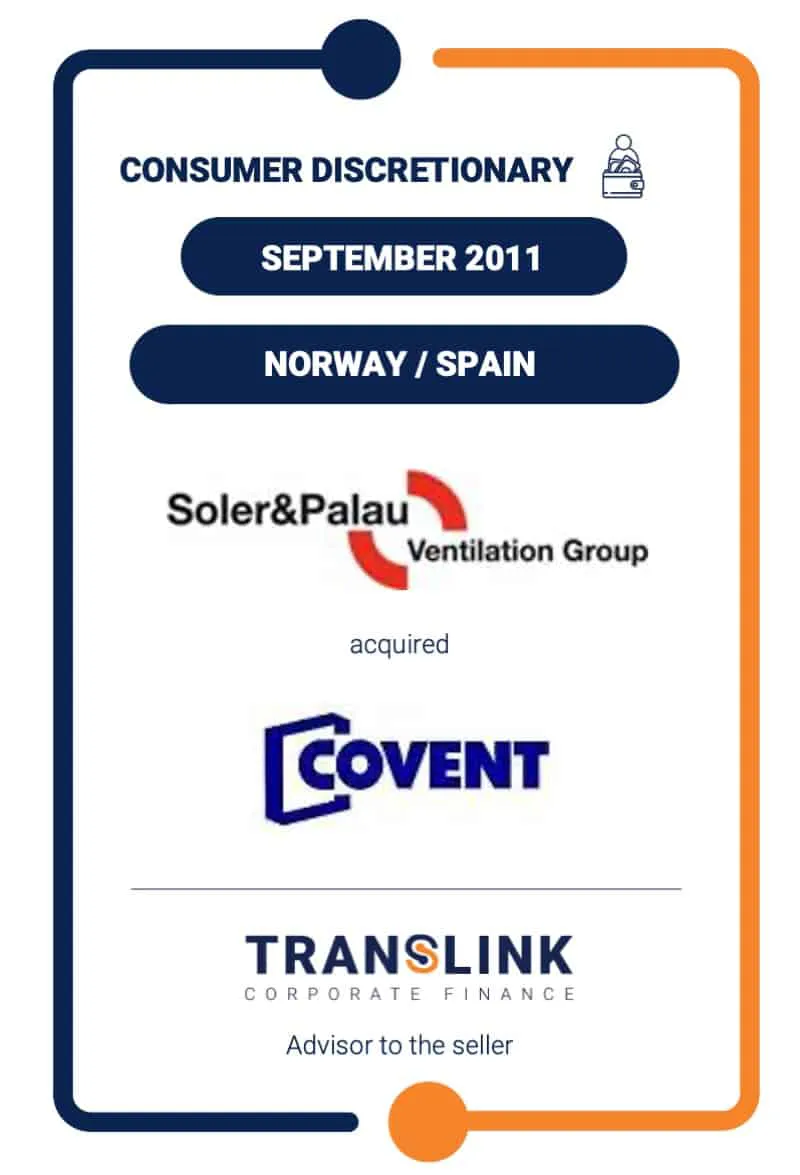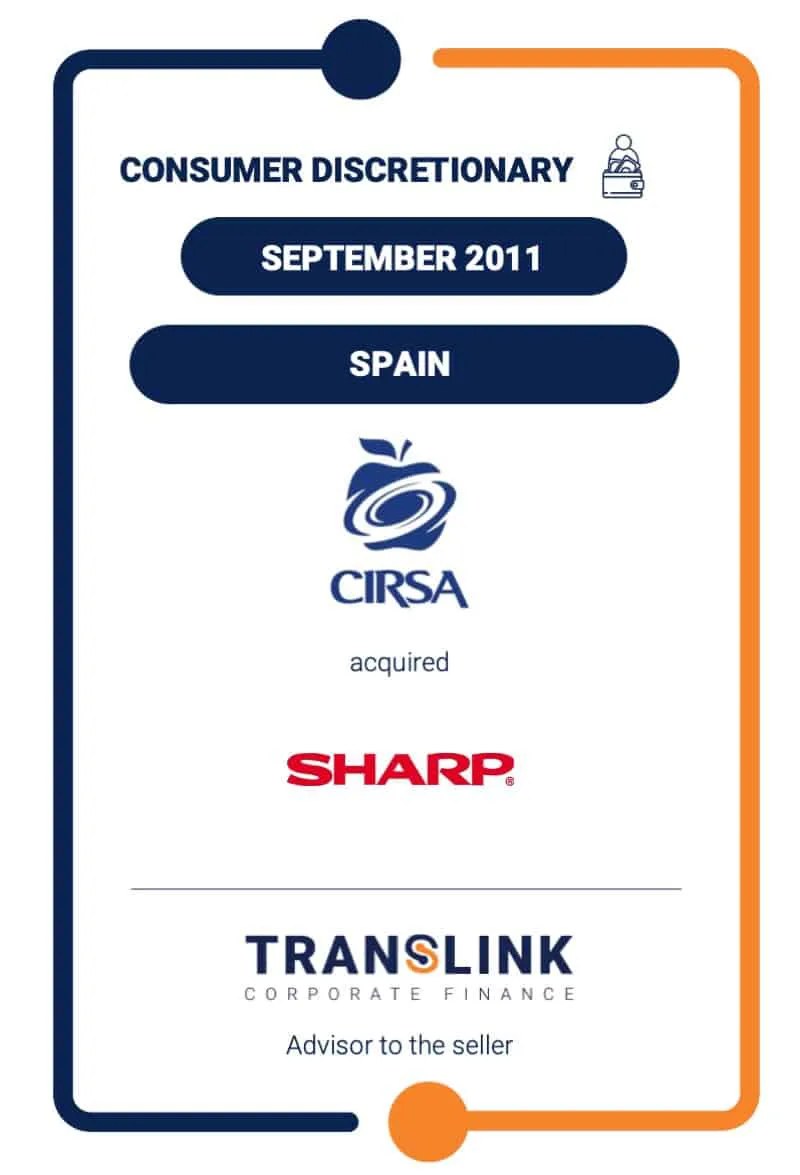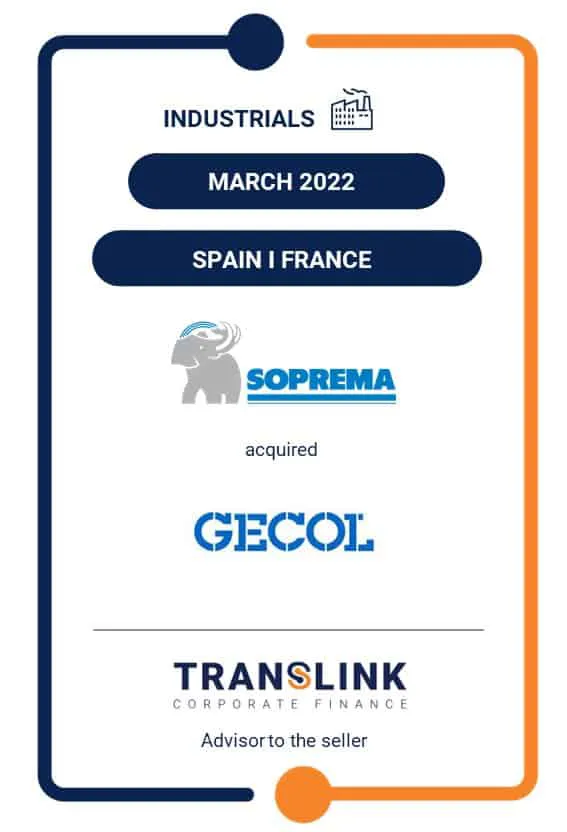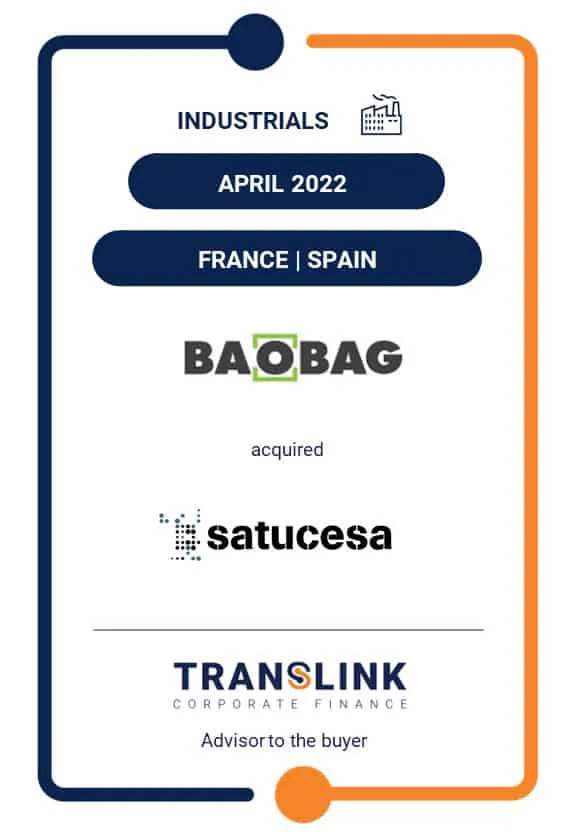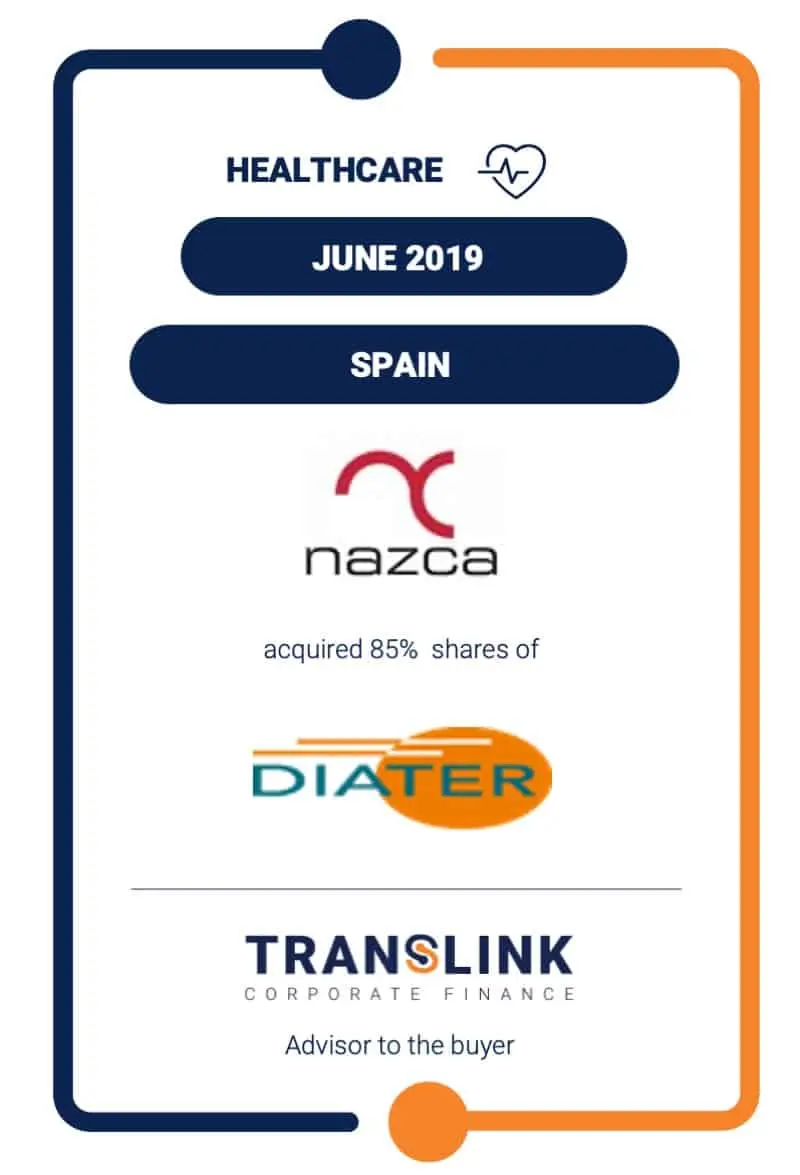www.windcorp.net, www.windcorp-translink.com uses cookies in order to make the navigation of Users on or Website more functional and useful. In this regard and in order to ensure Users all the information needed for proper navigation, WINDCORP TRANSLINK offers the following information about what cookies are, what type of cookies we use on or Website and how the User may disable them.
Currently, all Websites, regardless of the services provided, use cookies in order to store minimal information on the use of the Web Page by the User. Cookies are small, usually randomly encoded, text files that help User’s browser navigate through our Website. The stored data could be updated and recovered by editor responsible of the cookie’s setting-up. Cookies often store technical information, personal preferences, personalized content, usage statistics, links to social networks, access to user accounts, among others. Without cookies, some of the services offered by any Website would be significantly undermined.
The cookies implemented in this Website are:
Cookies “strictly necessary”: are those considered essential for navigating in the Website as they provide Users with the use of their services or tools.
Cookies of functionality: are those use it to allow the Website to remember decisions that the User takes, such as the language used, the type of the browser through which the Users access the Website, among others. The aim is to provide the most personalized service as possible.
Analytical Cookies: WINDCORP TRANSLINK also uses Google Analytics; a Web analytics service provided by Google, Inc. (‘Google’). Google Analytics uses ‘cookies’, which are text files placed on your computer to help the website analyze how visitors use the site. The information generated by the cookie about your use of the website (including your IP address) will be transmitted to and stored by Google on servers in the United States. Google will use this information for the purpose of evaluating your use of the website, compiling reports on website activity for website operators and providing other services relating to website activity and internet usage. Google may also transfer this information to third parties where required to do so by law, or where such third parties process the information on Google’s behalf. Google will not associate your IP address with any other data held by Google. You may refuse the use of cookies by selecting the appropriate settings on your browser, however please note that if you do this you may not be able to use the full functionality of this website. By using this website, you consent to the processing of data about you by Google in the manner and for the purposes set out above.
Opposition Procedure to the installation of cookies: It is possible Users oppose to the installation of cookies. Most computers will accept the use of cookies automatically. However, Users can decide if keeping cookies enabled on their computer or not. It is important Users consider that disabling cookies may result in the loss of optimal operation of the Platform being disabled some features or services of the Site. In any case, even having turned off all the browse cookies collect certain information essential to the basic operation of the Platform.
In case you decide to disable cookies, you can go to the preferences section of your Internet browser. Depending on the browser you must follow certain steps to modify the settings of cookies on your computer:
Internet Explorer
Safari
Firefox
Chrome
Opera
What is a cookie?
A cookie is an inoffensive text file that is stored on your browser when you visit almost any web page. The utility of a cookie is that a web page is able to remember your visit when you browse that same page again. Although many people don’t know it, cookies have been in use for 20 years, when the first browsers for the World Wide Web appeared.
And a cookie is NOT…?
A cookie is not a virus, a Trojan, a worm, spam or spyware, and it does not open pop-up windows.
What information does a cookie store?
Cookies do not usually store sensitive information about you, such as credit card numbers, bank information, photographs, your National Identity Document number, personal information, etc. The stored data are technical in nature and refer to personal preferences, content personalisation, etc.
The web server does not associate it with you as a person, but rather with your web browser. In fact, if you regularly browse using Internet Explorer and then try to browse the same web page using Firefox or Chrome, you’ll see that the web page does not realise that you are the same person, because the association is actually with the browser, not the person.
What types of cookies exist?
Technical cookies: They are the most elemental, and among other things, they allow knowing when a person or an automated application is browsing and when an anonymous user or a registered user is browsing, which are basic tasks for the operation of any dynamic web page.
Analysis cookies: They compile information about how you are browsing, about the sections you use the most, about consulted products, about the time frame of use, about the language, etc.
Advertising cookies: They show advertising according to your browsing, your country of origin, your language, etc.
What are first- and third-party cookies?
First-party cookies are those generated by the web page you are visiting, and third-party cookies are those generated by external services or suppliers such as Facebook, Twitter, Google, etc.
What happens if I deactivate cookies?
So that you can understand the scope of what happens by deactivating cookies, we’ll show you some examples:
You won’t be able to share the content of a particular web page on Facebook, Twitter or any other social network.
A particular web page won’t be able to adapt its content to your personal preferences, which is what usually happens at on-line stores.
You won’t be able to access the personal area of a particular web page, such as ‘My account’, ‘My profile’ or ‘My orders’.














